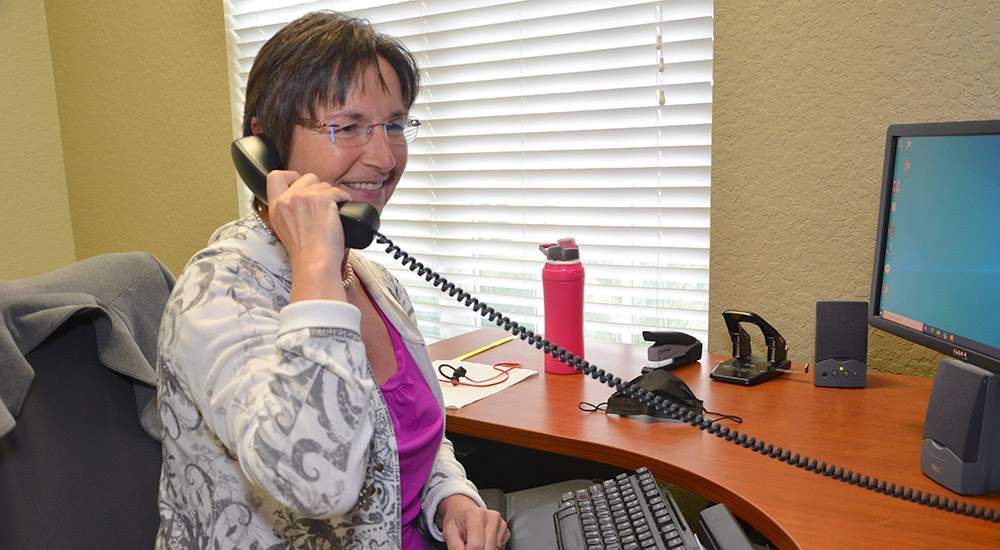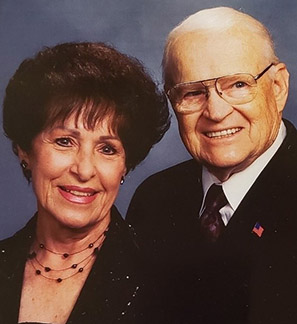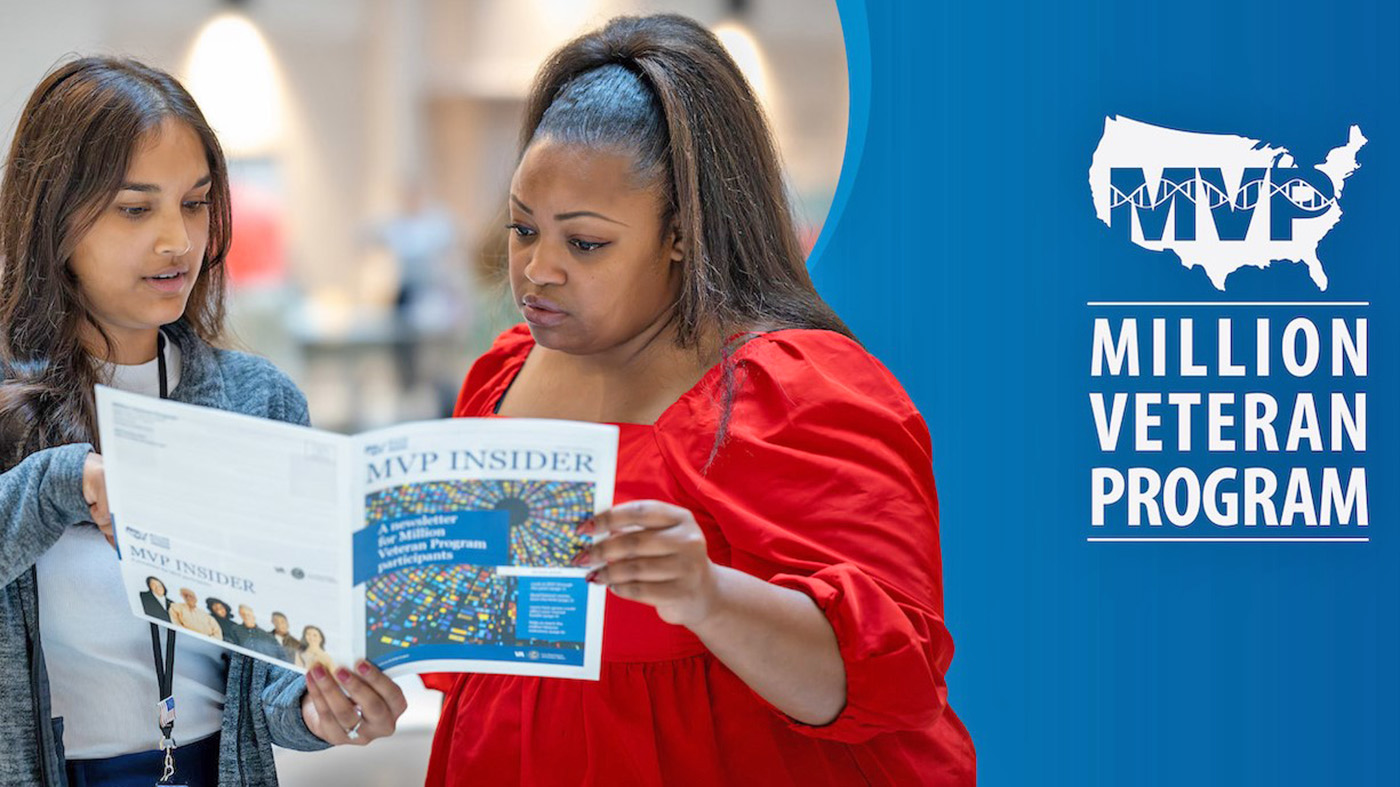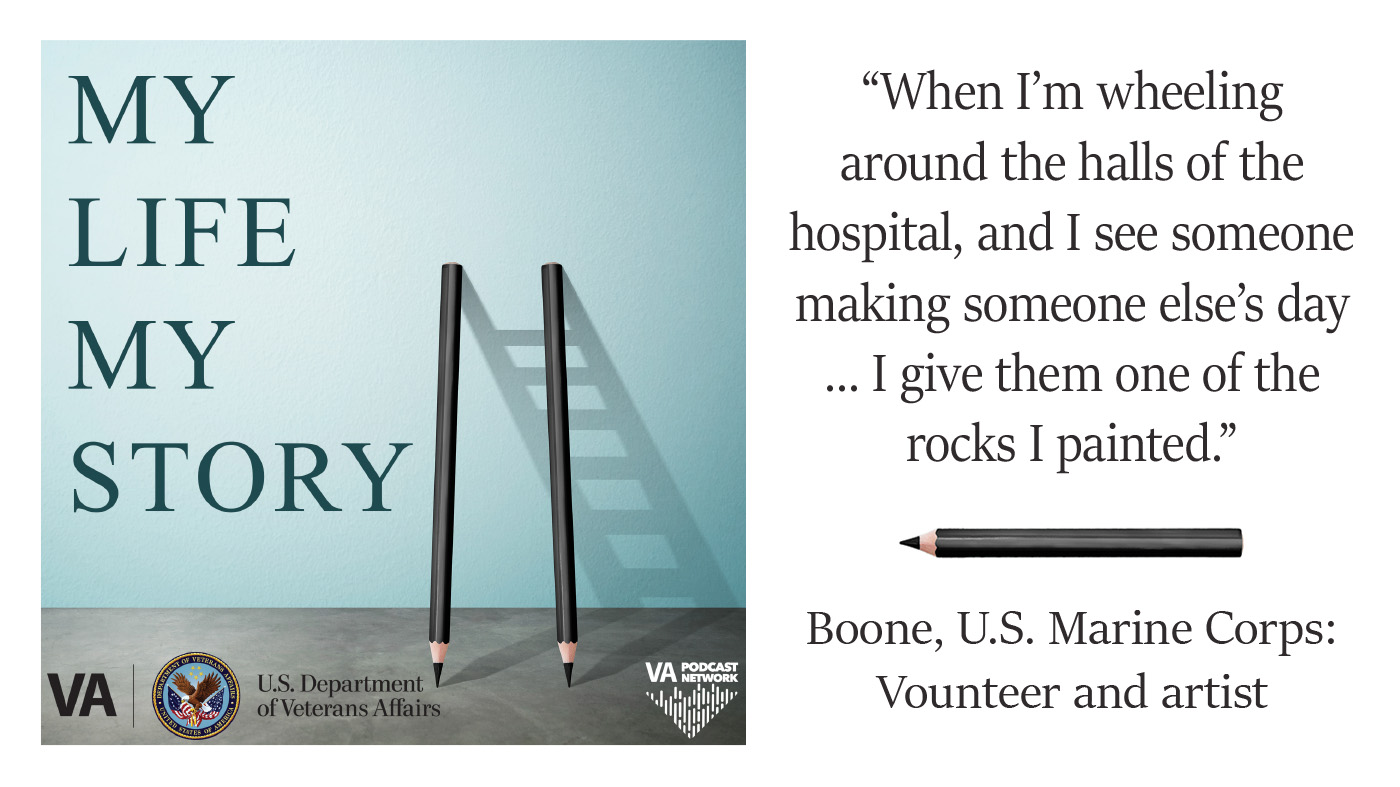Life-Sustaining Treatment Orders empower older Veterans to communicate their authentic wishes for care at the end of their life.
VA Geriatric Scholar Elke Baker (pictured above) and her Tampa home-based primary care team have achieved a 97% completion rate of these orders.
“It is important to have these conversations during non-crisis times when patients have decision-making capacity,” said Baker.
Leads to patient satisfaction
One of Baker’s patients, Navy Veteran Don Begg, 90, completed a Life Sustaining Treatment Order. His wife, Beatrice, participated. “We did it together,” she said. “We talked about it. He was adamant about no resuscitation. He’s lived a good, long life and doesn’t want to be kept alive by artificial means.”
“Initiating goals of care conversations with patients, caregivers and family provides the basis for shared decisions about treatment planning,” explained Baker.
“It’s informative. It puts you in a good mood. You can understand what’s wrong with you,” shared Begg, a Korean War Veteran.
Begg’s daughter, Molly Houssian, said knowing her father’s preferences gives her family peace of mind.
“He’s very aware of his situation and feels good about the life he’s led,” Houssian said. “It’s been a good experience for him. He’s been able to make decisions instead of his family scrambling to figure out what he wants as opposed to what he doesn’t want. It gives us peace of mind knowing he’s made that decision for himself.”
Discussions turn into loving conversations
“The reactions of the Veterans and the caregivers was overwhelmingly positive,” said Baker. “Many discussions turn into meaningful and loving conversations. I heard statements such as, ‘I’m so glad we discussed this, Dad. I never knew you didn’t want that.’ And ‘I’m so glad you talked about this with my dad before he became so ill, because now I know what he wants me to do.’”
Baker stressed how COVID-19 has heightened the need for conversations about end-of-life treatment plans.
“It has never been more important to have goals-of-care conversations with our patients during this pandemic,” Baker continued. “We need to talk about potential complications from COVID due to advanced age and underlying health conditions and how this might cut the potential success rate of treatment options like ventilator support, for example.”
VA Geriatric Scholars Program
Baker is a 2019 alumna of the VA Geriatric Scholars Program. The national workforce development program trains primary care providers in geriatric medicine. Scholars complete an intensive didactics course that addresses common geriatric syndromes and health care concerns.
They are also trained to lead a local quality improvement project based on the Institute for Healthcare Improvement model for Improvement and the Plan, Do, Study, Act (PDSA) framework, which guides teams through iterative cycles of improvement.
Baker credits her colleagues for the success of her project in 2020. The team includes care manager Imelda Singer, RN, and Dr. June Leland, medical director of the Home-Based Primary Care Program in Tampa, Florida.
Maureen Jerrett is a communications contractor for the VA Geriatric Scholars Program.
Topics in this story
More Stories
MVP looks at the background and impact of Women’s History Month.
March is National Kidney Month, an annual campaign to raise awareness about the importance of kidney health and how to maintain it.
In the story featured in this episode of "My Life, My Story," Boone's life is a "flash" story, where there's a before and then what came after.







Hello, I enjoyed reading the article “Expanding Advanced Care Planning for Veterans” and would like to participate in this program. I regret that I do not know where to start. I get Medical care at the San Jose,Ca Clinic which is part of the Palo Alto Health care system in Palo Alto CA. Any advice would certainly be appreciated. (86 year old combat disabled Vet ).
Thank You,
Col. BBM
USAF(r)